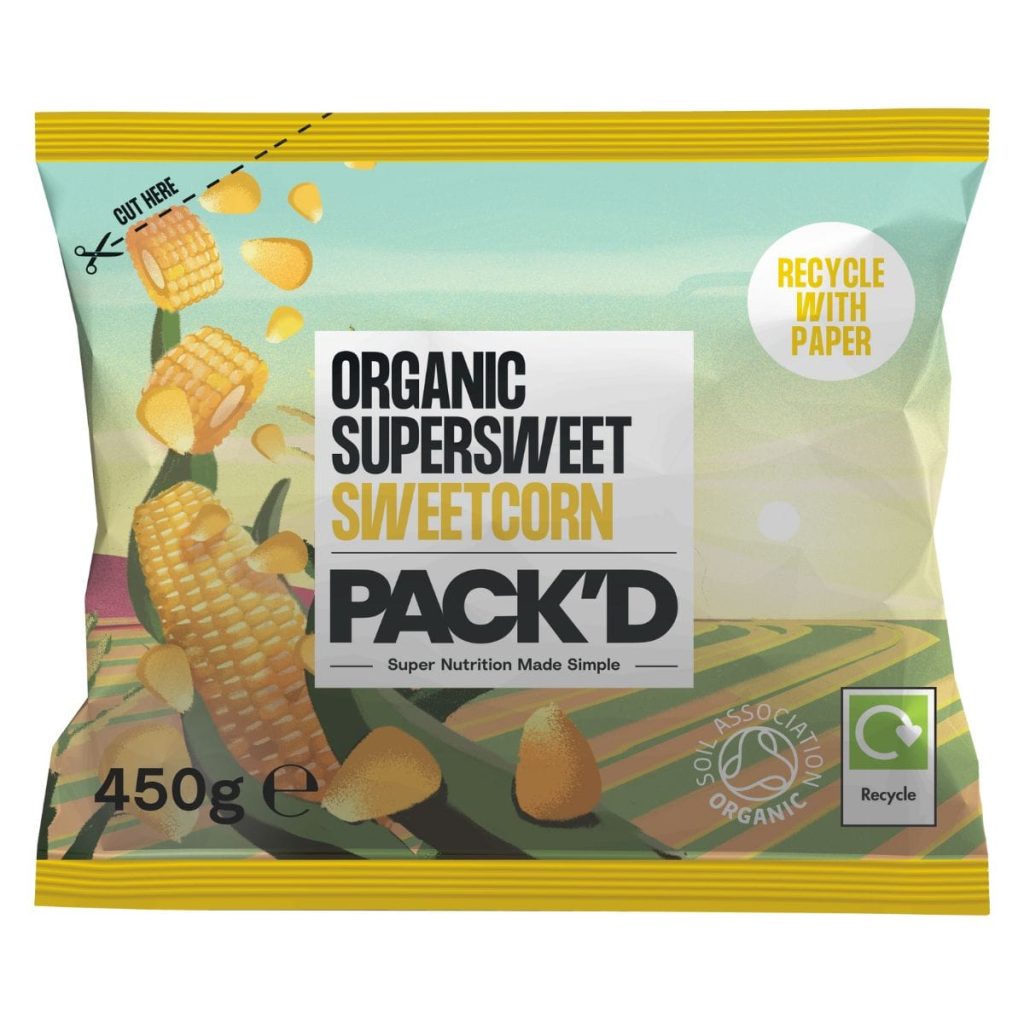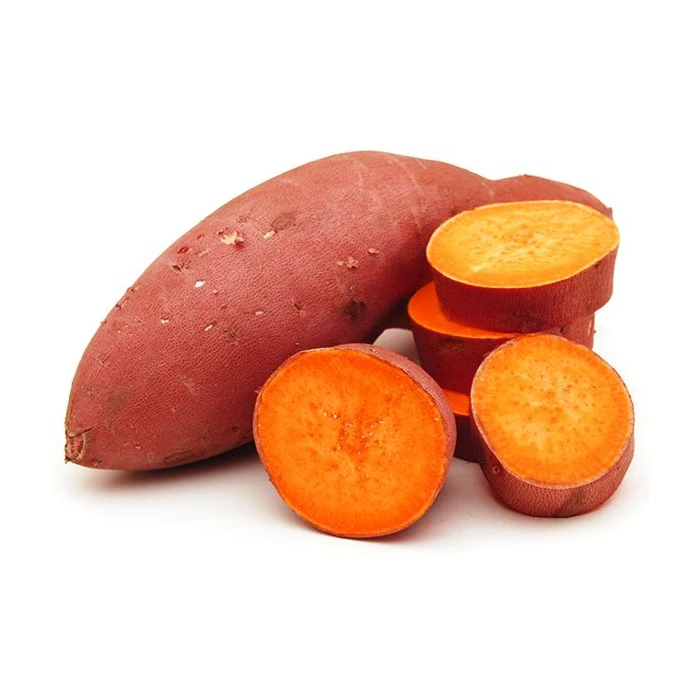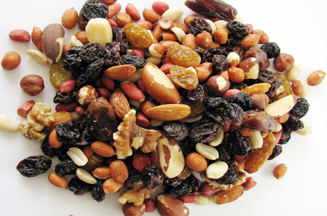Organic food can be a game-changer for your health. Why? It reduces your exposure to pesticides and gives you more nutrients. Simple as that.
Here’s the deal:
- Organic food is grown without synthetic pesticides, herbicides, or GMOs.
- This means it uses natural processes. Better for soil and plant health.
- Eating organic? Less pesticide exposure. Lower risk of health issues.
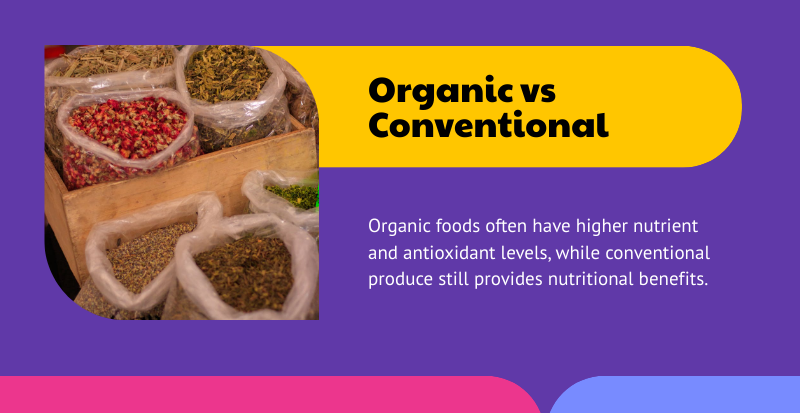
But there’s more. Studies show that organic foods often have higher levels of key nutrients. Think vitamins, minerals, and antioxidants. These are crucial for:
- Keeping your immune system strong
- Reducing inflammation
- Preventing chronic diseases
The good news? Choosing organic products can lead to a healthier lifestyle. And it’s not just about you. It’s also about supporting sustainable farming. That’s a win for the environment too.
So next time you’re at the store, consider grabbing that organic apple or carrot. Your body—and the planet—will thank you.
Organic Food Benefits
Let’s talk about something important today – organic food. You might have heard it’s good for your health. But why? Let’s break it down.
Nutritional Value
Organic foods are packed with nutrients. They often have more vitamins, minerals, and antioxidants than non-organic foods. Eating organic fruits and veggies? It can really boost your health.
Studies have shown organic foods have:
- Higher levels of Vitamin C
- Increased antioxidant content
- More essential minerals like calcium, magnesium, and iron
And guess what? Organic foods have fewer nitrates. High nitrate levels in regular foods can be bad for you. Going organic can mean a healthier diet and better long-term health.
Reduced Chemicals
One big plus of organic food? Fewer chemicals. Organic farming skips synthetic pesticides, herbicides, and fertilizers. So, there are fewer harmful substances in your food.
Here’s why this matters:
- No synthetic pesticides: Organic farms use natural pest control.
- No synthetic herbicides: They manage weeds naturally.
- No synthetic fertilizers: They use compost and manure instead.
Eating organic means fewer chemical residues. This can lower the risk of health issues like:
- Allergies
- Hormonal disruptions
- Chronic diseases
Choosing organic helps protect you from unwanted chemicals. It promotes better health for you and your family.
Organic food benefits our health in many ways. Choosing organic products means opting for food free from harmful chemicals and rich in nutrients. By eating organic, we improve our well-being and support sustainable farming practices. Let’s explore the benefits of organic food.
Nutritional Value
Organic foods often have higher nutritional value compared to their non-organic counterparts. They contain more vitamins, minerals, and antioxidants. Eating organic fruits and vegetables can enhance your overall health.
Several studies show that organic foods have more beneficial nutrients:
- Higher levels of Vitamin C
- Increased antioxidant content
- More essential minerals like calcium, magnesium, and iron
A comparison of organic vs. conventional foods highlights these differences:
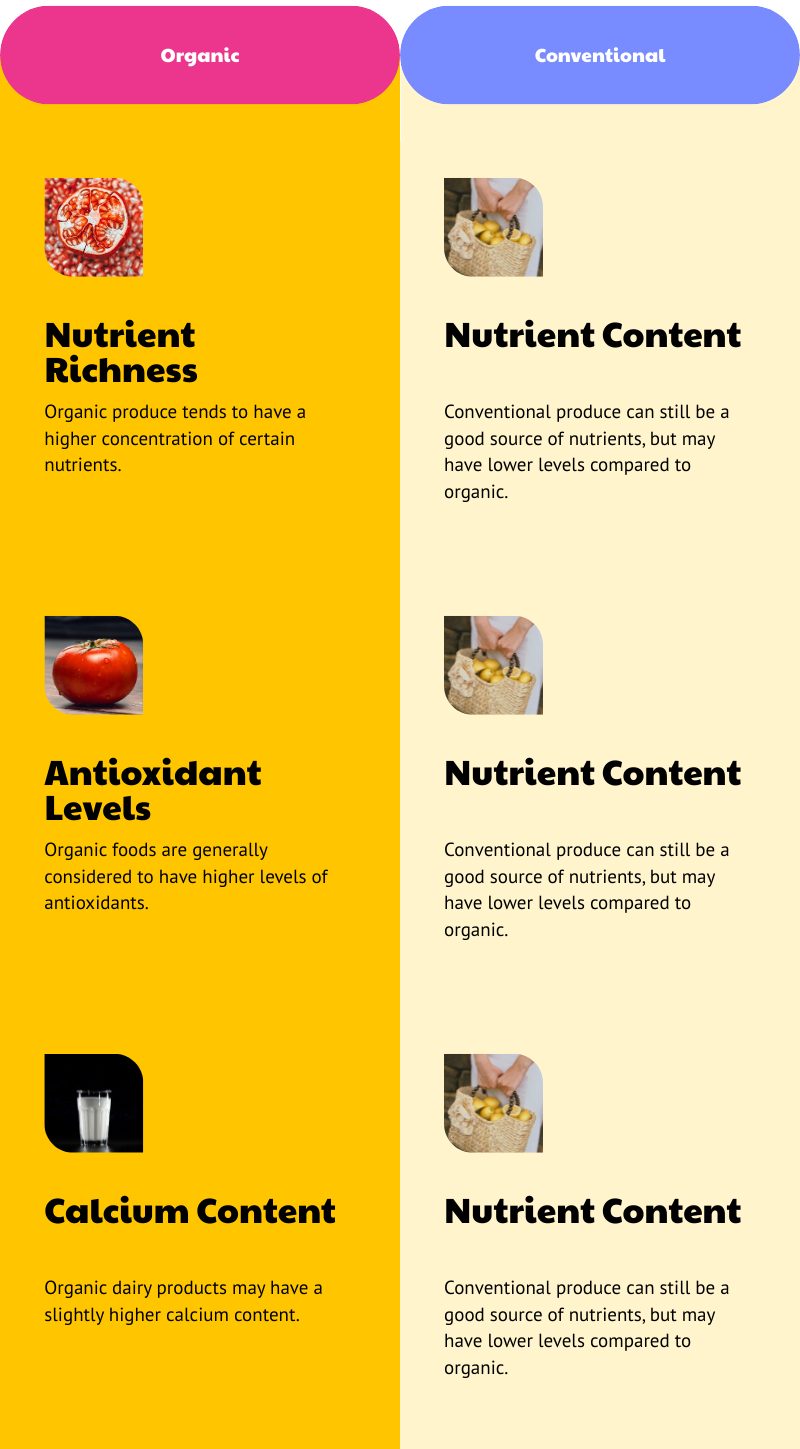
Organic foods also contain fewer nitrates. High nitrate levels in conventional foods can be harmful. Choosing organic options can lead to a healthier diet and better long-term health.
Reduced Chemicals
One significant benefit of organic food is the reduced chemical content. Organic farming avoids synthetic pesticides, herbicides, and fertilizers. This means fewer harmful substances in our bodies.
Here are some key points about reduced chemicals in organic foods:
- No synthetic pesticides: Organic farms use natural pest control methods.
- No synthetic herbicides: Organic farms manage weeds naturally.
- No synthetic fertilizers: Organic farms use compost and manure.
Eating organic means fewer residues of these harmful chemicals. This can lead to a lower risk of health issues such as:
- Allergies
- Hormonal disruptions
- Chronic diseases
By choosing organic, you protect yourself from unwanted chemicals. This promotes better health and well-being for you and your family.
Impact On Immune System
Ever wonder why organic food is becoming such a big deal? It’s not just a trend. One major reason is its impact on our immune system. Let’s break down how eating organic can help keep us healthy, focusing on antioxidants and gut health.
Antioxidants
Organic foods are packed with antioxidants. These are like the body’s own little superheroes. They fight off bad stuff called free radicals and help reduce stress in our bodies.
Here’s what antioxidants do:
- Reduce inflammation: Inflammation happens when our body fights off infections. Antioxidants help keep this in check.
- Protect cells: They guard our cells from damage, keeping them working well.
- Enhance skin health: Healthy skin keeps out germs and other bad guys.
Next time you’re at the store, look for these antioxidant-rich organic foods:

Gut Health
Our gut plays a big role in our overall health. A healthy gut means a strong immune system. Organic food is free from harmful pesticides that can mess with our gut bacteria.
Here’s how organic food helps our gut:
- Promotes good bacteria: Organic food helps keep a balance of good bacteria, which is great for digestion.
- Reduces harmful bacteria: It lowers the risk of bad bacteria, leading to fewer infections.
- Supports nutrient absorption: A healthy gut absorbs nutrients better, which boosts our immune system.
Choosing organic isn’t just about avoiding chemicals. It’s about supporting our body’s defenses and feeling our best.
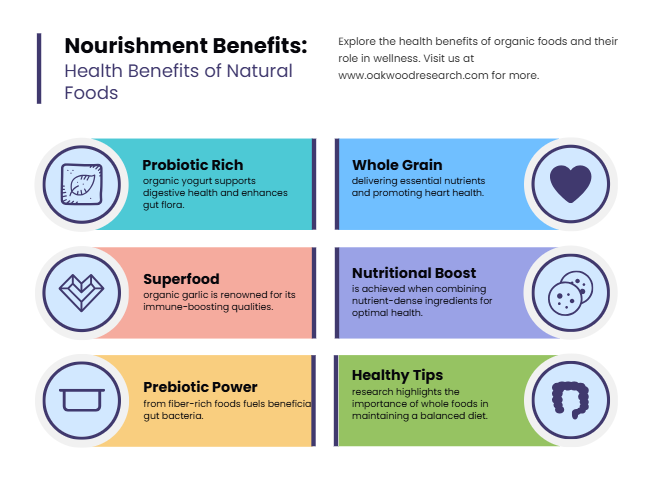
Weight Management
let’s chat about something that’s been on a lot of people’s minds lately: organic food and weight management. So, can eating organic really help you keep those extra pounds off? Let’s dive in and find out.
Caloric Density
First up, let’s talk about caloric density. This is just a fancy way of saying how many calories are in a certain amount of food. Organic foods often have fewer calories than processed foods. So, you can eat more of them without overdoing it on the calories.
Examples Of Low-calorie Organic Foods
- Fruits and Vegetables: Naturally low in calories but packed with nutrients.
- Whole Grains: Foods like quinoa and brown rice give you energy without too many calories.
- Lean Proteins: Organic chicken and fish offer protein without the extra fats or fillers.
The good news? Eating foods with lower caloric density can help you feel full without eating too many calories. This is a big plus for weight management.
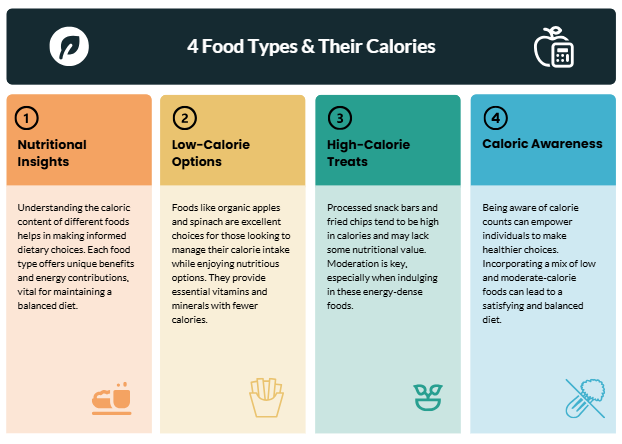
Satiety Levels
Now, let’s move on to satiety, or how full you feel after eating. Organic foods often make you feel full for longer. Here’s why:
- Higher Fiber Content: Organic fruits, veggies, and grains are packed with fiber. Fiber helps you feel full.
- Better Nutrient Absorption: Organic foods are free from chemicals, which means your body can absorb nutrients better.
- Balanced Macronutrients: Organic foods often have a good mix of proteins, fats, and carbs.
Studies show that high-fiber, nutrient-rich foods keep you full longer. This means less snacking and better weight management. Plus, organic foods don’t have artificial additives. These can mess with your hunger signals. Eating clean, organic food helps your body know when it’s truly full.
The bottom line? Choosing organic options like whole fruits, veggies, and grains can help you manage your weight. You’ll stay full longer, eat fewer calories, and get the nutrients you need.
Chronic Disease Prevention
Eating organic food can really boost your health. One big plus? It helps prevent chronic diseases. These are long-term conditions that you can manage but not cure. Organic foods are grown without harmful pesticides or synthetic fertilizers. That makes them healthier for us. Let’s see how they help.
Heart Health
Organic foods are packed with nutrients that are great for your heart. They have more antioxidants. Antioxidants cut down inflammation in your body. And less inflammation means a healthier heart. Organic fruits and veggies are full of vitamins and minerals. These keep your heart strong.
Benefits for your heart:
- Lower cholesterol levels: Organic foods help reduce bad cholesterol.
- Reduced blood pressure: They help keep your blood pressure in check.
- Improved blood flow: They boost circulation and blood flow.
Studies show that people who eat organic food have lower rates of heart disease. Why? Because organic foods don’t have harmful chemicals that hurt your heart.
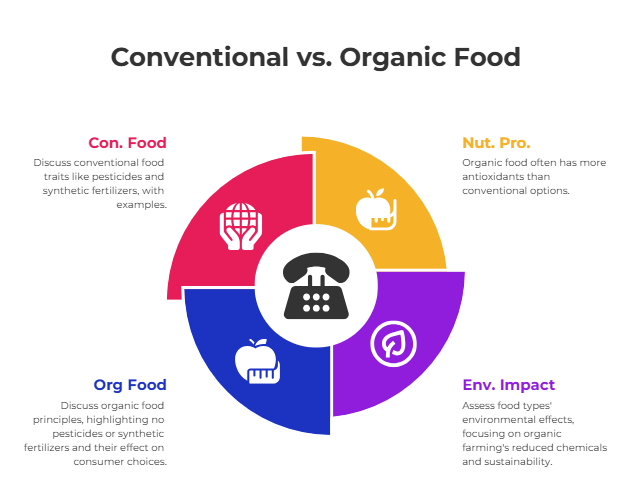
Diabetes Risk
Eating organic food can also lower your risk of diabetes. Diabetes affects how your body uses blood sugar. Organic foods don’t have harmful chemicals. These chemicals can mess with your blood sugar regulation.
How organic food helps:
- Better blood sugar control: Organic foods keep your blood sugar stable.
- Reduced risk of obesity: They are often lower in unhealthy fats and sugars.
- Improved insulin sensitivity: Organic foods make your body more responsive to insulin.
Research shows that people who eat organic food have a lower chance of getting diabetes. This is because organic foods are more nutritious and free from harmful additives.
Choosing organic food is a simple and powerful way to cut the risk of chronic diseases. It supports your overall health and well-being.
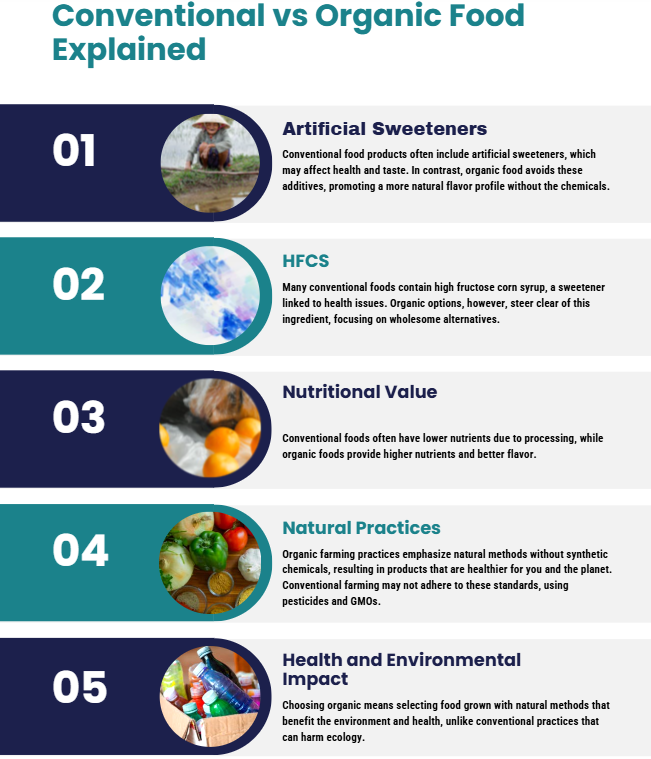
Mental Health Effects
Eating organic food can have a big impact
Ever wondered if what you eat affects how you feel? Turns out, it does! Especially when it comes to organic food.
Feeling Happier
Eating organic can actually lift your mood. Why? Because it’s packed with nutrients that help your brain make those feel-good chemicals.
Here’s how:
- Less Pesticides: Organic food has fewer chemicals, which can mess with your brain and make you feel lousy.
- More Nutrients: It’s richer in vitamins and minerals, giving your brain a boost.
- Better Gut Health: A healthy gut can lead to a happier you.
Studies show that people who eat organic feel less anxious and depressed. Why? Because it helps balance hormones—those little guys that control your mood.
The good news? Eating organic can really make you happier and less stressed.
Sharper Mind
Organic food isn’t just about feeling good. It also helps your brain work better.
Here’s what it does:
- Better Memory: More antioxidants mean a better memory.
- Improved Focus: Fewer toxins help you concentrate.
- Slower Aging: Keeps your mind sharp as you age.
Kids who eat organic tend to do better in school. They can focus and remember stuff more easily.
Here are some brain-boosting organic foods:
- Blueberries
- Spinach
- Almonds
- Quinoa
These foods give your brain the nutrients it needs to stay healthy.
Final Thoughts
So, if you want to feel better and think clearer, try eating more organic food. It’s a simple change that can make a big difference.
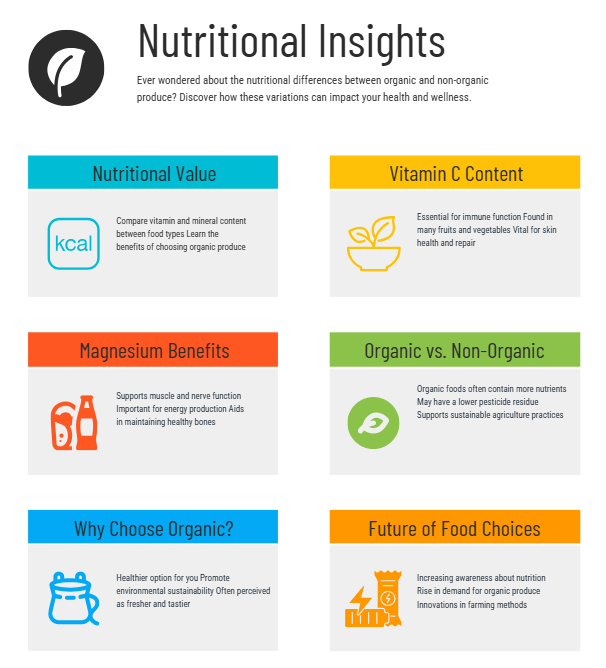
Cognitive Function
Ever wonder if what you eat can make you smarter? It can! Eating organic food can help your brain work better. Let’s break it down:
Benefits of Organic Food for Your Brain
- Better Memory: Organic foods are packed with antioxidants, which help improve your memory.
- Improved Focus: With fewer toxins, your brain can focus better when you eat organic.
- Slower Aging: Eating organic can slow down the aging process in your brain, keeping it sharp as you get older.
Why It Matters for Kids
Studies show kids who eat organic food do better in school. They can concentrate and remember things more easily. That’s a big deal!
Top Brain-Boosting Organic Foods
Want to know which foods are best for your brain? Check these out:
- Blueberries
- Spinach
- Almonds
- Quinoa
These foods are like brain fuel. They give your brain the nutrients it needs to stay healthy and strong.
Why Choose Organic?
Choosing organic food isn’t just about feeling good. It’s about thinking better too. The good news? Eating organic can help you feel better and think more clearly.
So, next time you’re at the store, think about picking up some organic options. Your brain will thank you!
Remember, it’s never too late to start eating healthier.
Environmental Considerations
Ever wondered why people rave about organic food? Let’s break it down. Organic food isn’t just better for your health; it’s also great for the environment. We’ll dive into how organic farming practices benefit us all by focusing on sustainability and biodiversity.
Sustainability
Organic farming is all about being sustainable. It aims to use fewer chemicals and more natural methods to keep our planet healthy. Here are some key points:
- Soil Health: Organic farms use compost, manure, and crop rotation. This keeps the soil rich and healthy.
- Water Conservation: They use less water by employing techniques like drip irrigation and mulching.
- Energy Efficiency: Many organic farms use renewable energy, which cuts down their carbon footprint.
By focusing on sustainability, organic farms help protect our environment. And that means better health for everyone.

Biodiversity
Biodiversity is crucial for a healthy ecosystem. Organic farming supports this in big ways. Here’s how:
- Natural Pest Control: Organic farms use beneficial insects to manage pests. No need for harsh chemicals.
- Crop Variety: They grow many different crops, which helps keep the ecosystem balanced.
- Habitat Preservation: Organic farms often include natural habitats like wetlands and forests.
Supporting biodiversity through organic farming leads to a healthier environment. And yes, better health for everyone.
So the next time you’re at the store, think about choosing organic. It’s good for you and great for the planet.

Economic Factors
Thinking about eating organic food? It can make a big difference to your health. But let’s not forget the money side of things. People often think about the cost when choosing organic products. Plus, helping out local farms and the community can sway their choices too.
Cost Vs. Health
Yes, organic food can be pricier than regular food. But some folks believe the extra cost is totally worth it. Here’s why:
- Fewer Pesticides: Organic foods have fewer pesticides. This can mean a lower risk of health problems like cancer and allergies.
- More Nutrients: Studies show organic food has more nutrients. We’re talking vitamins, minerals, and antioxidants.
- Better Taste: Many people say organic food just tastes better. And that can make it easier to eat more fruits and veggies.
Sure, organic food might cost more, but the health benefits can be worth it. Simple as that.
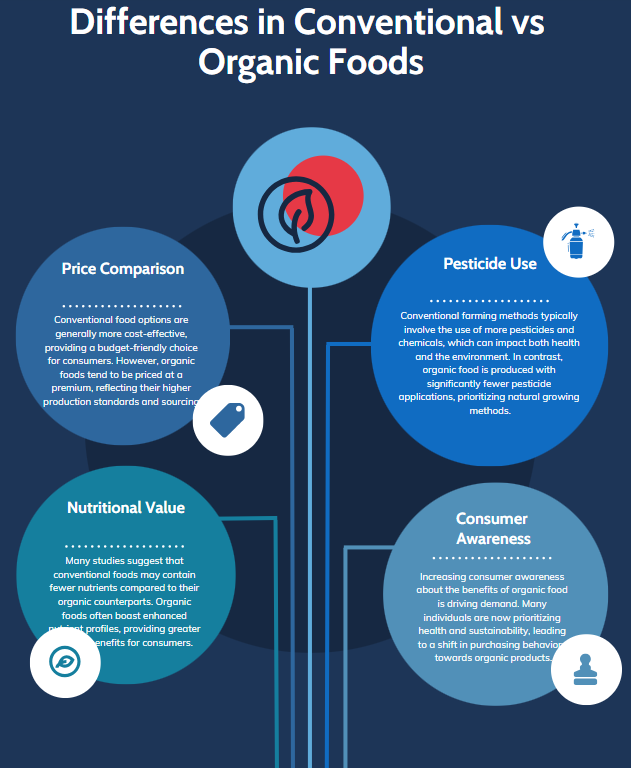
Local Economy Support
Buying organic food can do more than just boost your health. It can help the local economy too. Small farms often produce organic food. When you support these farms, you’re helping the community in big ways:
- Job Creation: Small farms need workers. Buying local organic food can create jobs in your community.
- Local Investment: Money spent on local farms stays in the community. This can help improve local services and infrastructure.
- Community Bonds: Supporting local farms builds stronger community ties. It can lead to a more connected and supportive neighborhood.
So, what do you get by supporting the local economy?
- Local businesses can grow and expand.
- More organic food options become available.
- Local farms often use sustainable farming practices.
Supporting local organic farms isn’t just good for your health. It’s great for the community too. It creates a positive cycle of health and economic well-being.
Consumer Perceptions
These days, organic food is all the rage. People think it’s healthier because it has more nutrients and fewer chemicals. But what do folks really think about organic food? Let’s dig into how trust in labels and market trends shape our views.
Trust In Labels
Labels play a big role in how we choose organic food. Take “USDA Organic” for example. It tells us that the food meets strict rules.
Why do we trust these labels? Here are a few reasons:
- Clear guidelines: They follow strict standards for organic farming.
- Transparency: They show no synthetic pesticides or fertilizers were used.
- Health benefits: Many believe organic food has more nutrients.
- Environmental impact: They point to less harm to the environment.
Not all labels are created equal. Some can be misleading. It’s important to know what each label means.
Trust in labels helps us feel confident. We believe we’re making healthier choices for ourselves and our families.
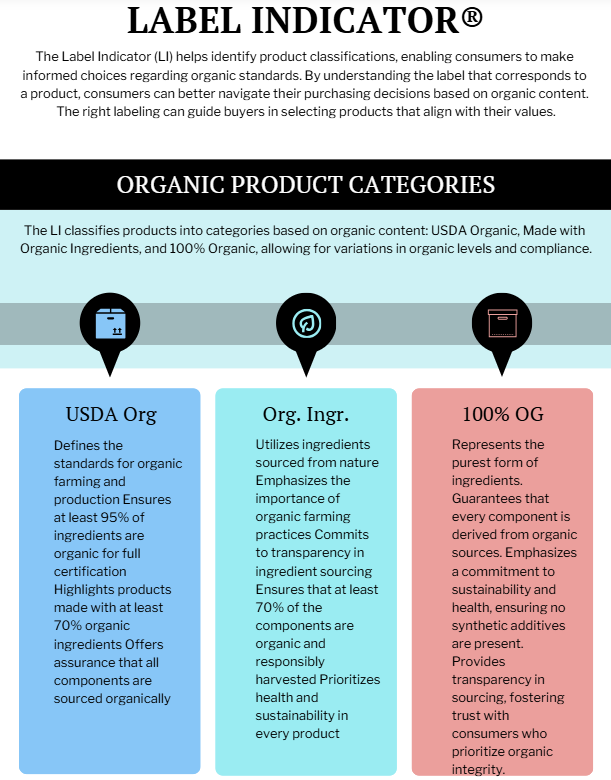
Market Trends
The market for organic food is growing. People are more mindful of what they eat. This change in awareness is shaking things up.
Here are some key trends:
- Increased demand: More people are buying organic products.
- Higher prices: Organic foods often cost more because of their production costs.
- More availability: Supermarkets are stocking more organic products.
- Local sourcing: Consumers prefer locally-sourced organic foods.
These trends show a positive shift. More people are choosing organic foods. They trust labels and understand the benefits. This awareness is leading to better health choices and a growing market.
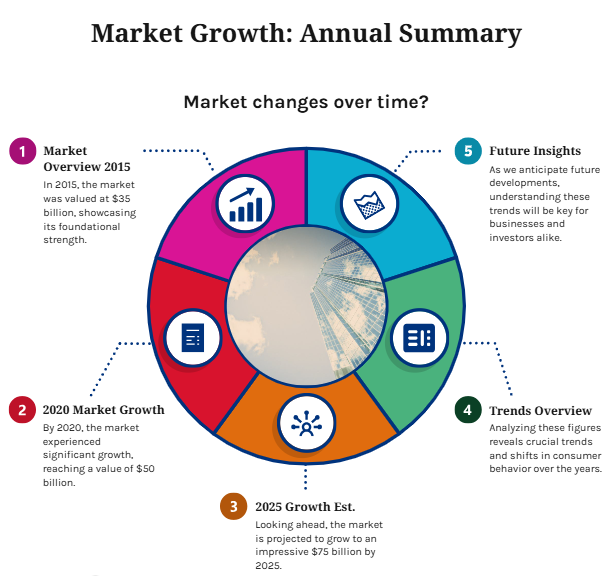
Future Of Organic Food
Let’s talk about something that’s been gaining a lot of attention lately: organic food. It’s known for being free from synthetic pesticides, fertilizers, and GMOs. Many folks believe it leads to better health, fewer toxins in the body, and a tastier meal.
And guess what? The future of organic food looks pretty exciting.
Innovations
There are some cool new innovations making organic farming more efficient and sustainable. Farmers are using new technologies to grow organic crops with fewer resources. Here are a few examples:
- Precision Agriculture: Using GPS and data to optimize planting, watering, and harvesting.
- Biological Pest Control: Swapping out chemical pesticides for natural predators.
- Vertical Farming: Growing produce in stacked layers to save space and resources.
These advancements make organic farming more accessible and less costly. They also help the environment. For instance, vertical farming uses less water and land. Biological pest control avoids harmful chemicals. Precision agriculture boosts crop yields and cuts down on waste.
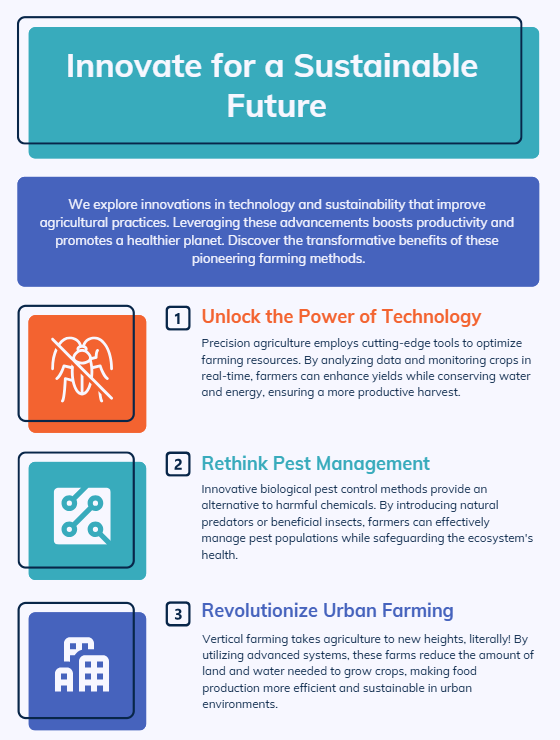
Regulatory Changes
There are also some important regulatory changes happening. Governments are updating standards to ensure quality and safety. These changes include:
- Stricter Certification: More rigorous checks to certify organic products.
- Labeling Requirements: Clear labeling to inform consumers about organic ingredients.
- Subsidies for Organic Farmers: Financial support to encourage organic farming practices.
Stricter certification means that products labeled as organic meet high standards. This builds consumer trust and promotes healthier choices. Clear labeling helps consumers make informed decisions about what they eat. Subsidies make organic farming more viable for farmers, increasing the supply of organic food.
These regulatory changes make organic food more accessible and trustworthy. They ensure that consumers get what they expect. They also support farmers in adopting organic practices.
Frequently Asked Questions
What’s Good About Organic Food?
Organic food is packed with nutrients. It’s free from pesticides too. So, it’s a win-win for your health.
Does It Help Your Heart?
Yes, it does! By eating organic, you avoid harmful chemicals. Plus, you get nutrient-rich foods that support heart health.
Is It Better For Kids?
Absolutely. Organic food means fewer pesticides and additives. That’s better for growing kids.
How About Digestion?
Organic food is great for digestion. It has high fiber and no harmful chemicals. This keeps your gut happy.
Can It Prevent Diseases?
Yes, it can. Eating organic reduces pesticide exposure. Plus, you get more antioxidants which help prevent diseases.
Conclusion
So, choosing organic food can really boost your health. It’s packed with nutrients and free of harmful stuff. Give it a try. Your body will thank you!

